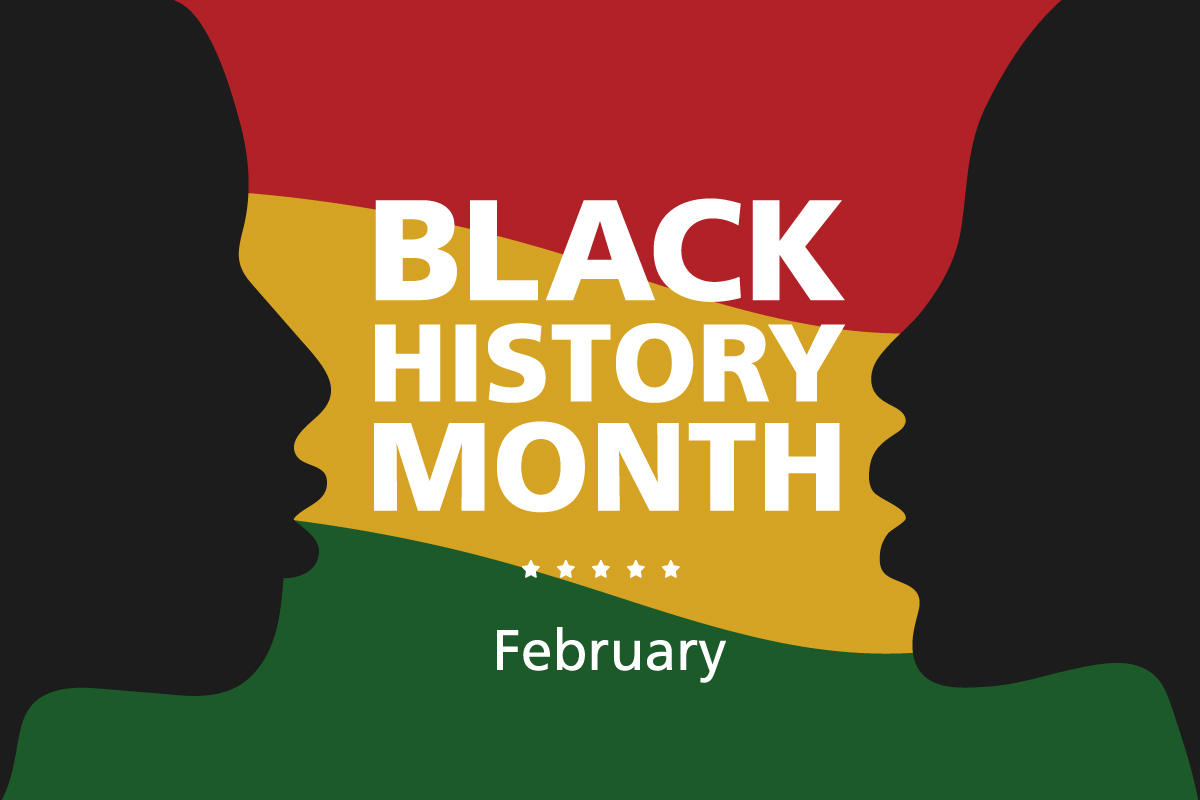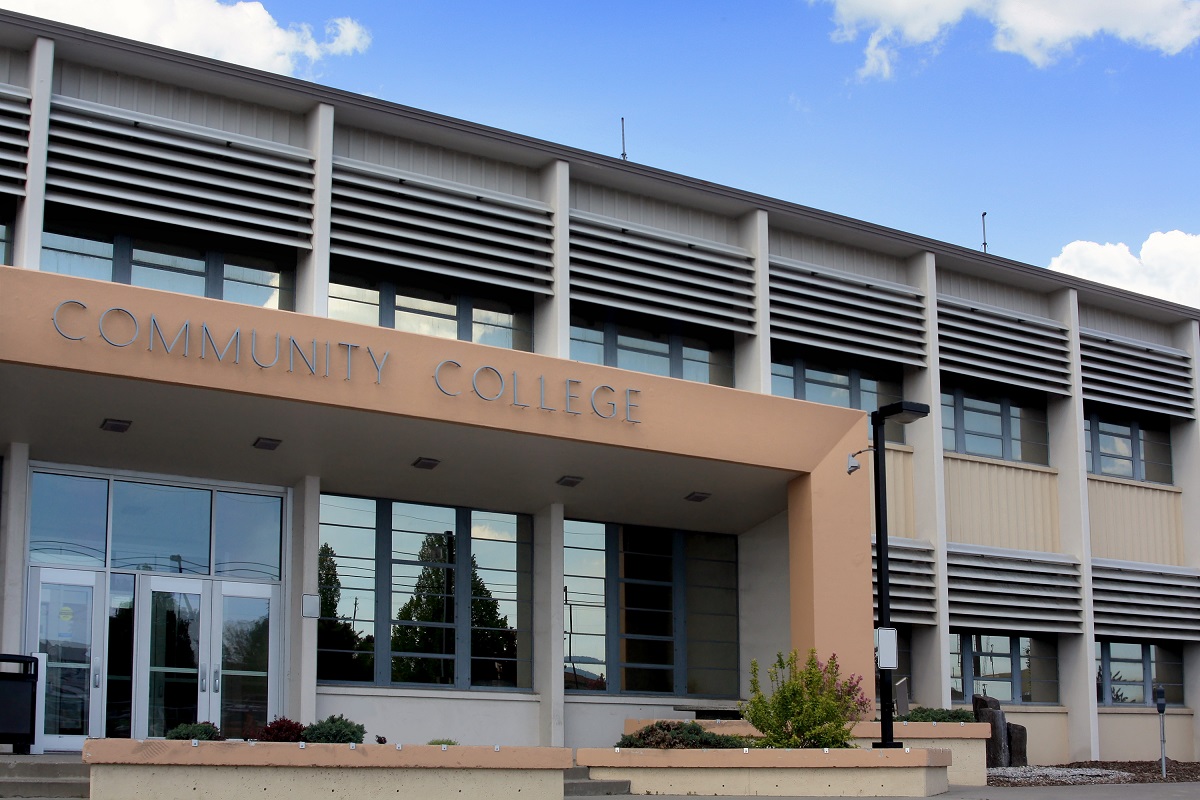February is Black History Month, but local educational agencies and organizations from around the state are taking steps to support African American students’ success year-round.
The barriers and systemic racism facing African American students throughout their educational journeys, such as lack of access to resources, quality learning materials and qualified teachers, and disproportionate punishment, are well documented. However, many LEAs are making moves to advance equity and academic attainment.
Initiatives range from introducing high schoolers to historically Black colleges and universities (HBCUs) through campus tours to launching a Step Up Pathways Program to earn college credit from an HBCU while in high school to the implementation of African American student success frameworks in districts.
Just over 5 percent (298,768) of the nearly 6 million public K-2 students in California identified as African American in 2021–22, according to the California Department of Education. As of July 2022, 6.5 percent of California’s overall population was estimated to be solely Black or African American, according to the U.S. Census Bureau.
A 2021 report published by The Campaign for College Opportunity found that 88 percent of 19-year-old Black Californians had obtained a high school diploma and were more prepared for college than ever before. Prior data (2014–18) from the U.S. Census Bureau, also featured in the report, estimated two-thirds of Black adults had attended college but just half who enrolled had earned a degree.
Higher education
California is home to one HBCU, the Charles R. Drew University of Medicine and Science in Los Angeles, according to HBCU Connect, an organization that shares information on these institutions of higher education. There are more than 100 HBCUs around the nation.
A program at Long Beach Unified School District is expanding high schoolers’ ideas of what to do after graduation through trips to out-of-state colleges and universities.
During a break from school in November, about four dozen students embarked on a nine-day HBCU tour in Louisiana to experience life and offerings at various campuses, including Grambling State University, Southern University, Dillard University and more, according to an article in the Press-Telegram. The experience, the first trip of its kind to occur under the district’s Black Student Achievement Initiative, was free to students and funded in the district’s 2021–22 Learning Acceleration and Support Plan.
“Exposure is so important; it opens students’ minds and their hearts to new and different things,” Elyssa Taylor-Stewart, an administrator at the LEA’s Office of Equity, Engagement and Partnership, said to the Press-Telegram. Another tour is being planned for this summer.
Just over four hours north of Long Beach, Fresno USD announced its a Step Up Pathways Program for African American students in August.
Three local high schools, in partnership with Benedict College, an HBCU located in Columbia, South Carolina, are offering students in the program the chance to earn up to 12 college units free of cost via live virtual classes led by professors from the college. According to Fresno USD, it’s the first district in the state to have a dual enrollment program of this kind.
Students who complete the program also receive guaranteed admission to the college in addition to perks including an HBCU tour, additional academic support, access to scholarship opportunities and more.
“We are excited to offer this first-of-its-kind program to our African American students. This is another way to encourage our students to not only prepare for and pursue college, but to learn more about the life-changing experience of attending a[n] HBCU,” Superintendent Bob Nelson said in a statement.
The interest in programs encouraging college readiness for K-12 students is apparent throughout the state. In October, the University of San Diego revealed that it’s developing a college access and early literacy program, the Black InGenius Initiative, for African American students in the San Diego area. Beginning in fall 2023, 60 rising sixth graders will be chosen for the program each year.
The university “will provide students with consistent academic support delivered by [School of Leadership and Education Sciences] students and faculty trained in neurodivergent teaching, which is the idea that people experience and interact with the world around them in different ways, therefore there is no one ‘right’ way of thinking, learning or behaving,” according to a press release.
For students who participate in the program for seven years and receive admittance to University of San Diego, “the university will meet 100 percent of the federally demonstrated financial need of the student with a personalized financial assistance package.”
The program includes the creation of a teaching and learning center for San Diego-based educators on supporting the needs of diverse students.





